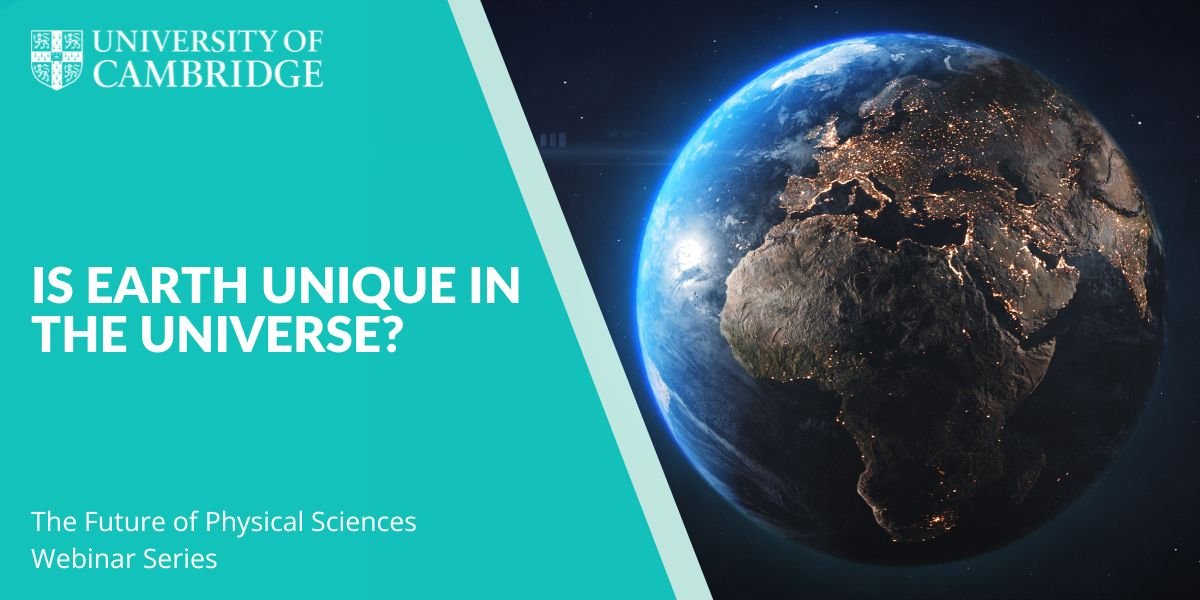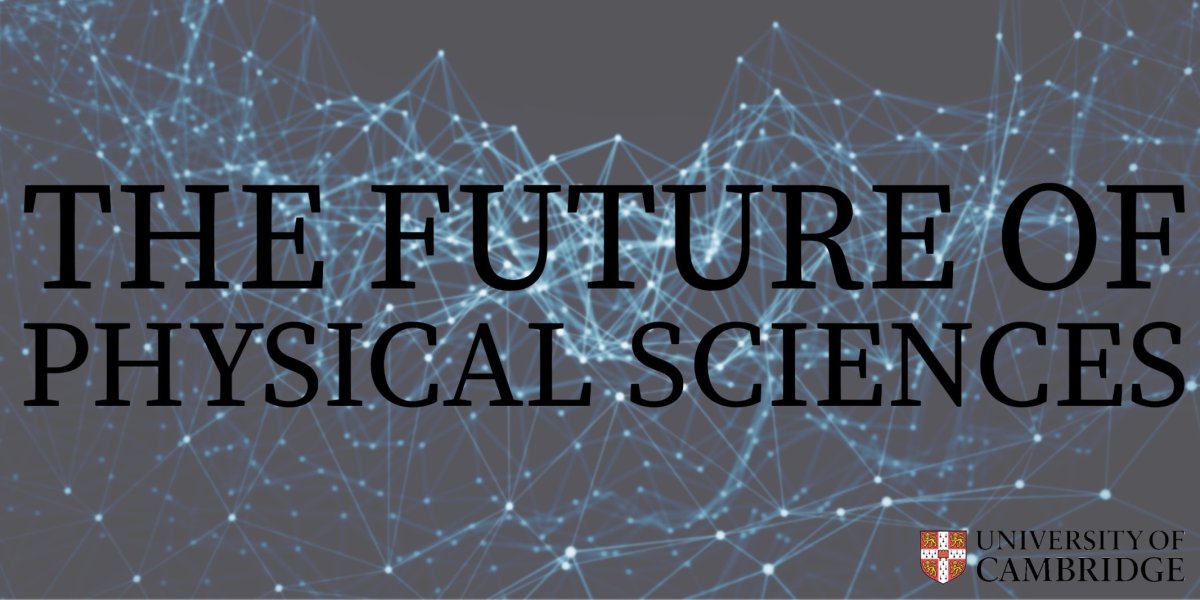Is Earth Unique in the Universe?
Is Earth Unique in the Universe?
Join Dr Amy Bonsor, Professor Nikku Madhusudhan and Professor Nicholas Tosca for an insight on how Cambridge is exploring the possibility of other habitable planets, and whether the planet Earth is unique.
The webinar will be chaired by Professor Cathie Clarke, Co-Director of the Institute of Astronomy.
We regret to inform you that Dr Amy Bonsor is unwell and, unfortunately, will be unable to join us for this session. We apologise for any disappointment this may cause, and appreciate your understanding.
Speakers
Dr Amy Bonsor
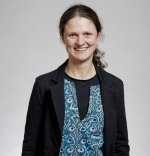
Dr Amy Bonsor is currently a Royal Society University Research Fellow, Associate Professor in Planetary Science and Life in the Universe and Fellow of Queens’ College, University of Cambridge. She previously held a Royal Society Dorothy Hodgkin Fellowship and PDRA positions at the University of Bristol and L'Institut de Planétologie et d'Astrophysique de Grenoble, France.
Dr Bonsor studies planetary systems around other stars, with a particular focus on composition, habitability and planetary systems around white dwarfs.
Professor Nikku Madhusudhan
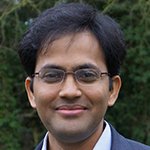
Professor Nikku Madhusudhan is Professor of Astrophysics and Exoplanetary Science at the Institute of Astronomy, University of Cambridge. His research interests include understanding the atmospheres, interiors, formation conditions and habitability of exoplanets (planets that orbit other stars). Nikku is widely known for pioneering the inverse techniques used to measure the atmospheric properties of exoplanets, seen using a wide array of observational facilities in space and on Earth. He has received various awards for his work in exoplanetary science, including the 2019 MERAC Prize in Theoretical Astrophysics from the European Astronomical Society, and the 2019 Pilkington Prize for excellence in teaching at the University of Cambridge.
Professor Nicholas Tosca
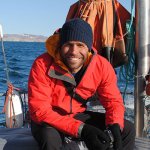
Professor Nicholas Tosca is a Professor of Mineralogy and Petrology at the University of Cambridge, and the only UK scientist selected by NASA to be part of the core science team for the Mars Perseverance 2020 mission. His research focuses on unravelling the processes that shape planetary surfaces and their environments over time. More specifically, Nicholas’ research group uses analytical, experimental, and theoretical approaches to understand the co-evolution of life and environments through the early histories of Earth and Mars. Nicholas has won several awards, including the 2013 Max Hey Medal of the Mineralogical Society of Great Britain and Ireland, the 2015 MSA Award from the Mineralogical Society of America, and the 2015 Philip Leverhulme Prize from The Leverhulme Trust.
Professor Cathie Clarke
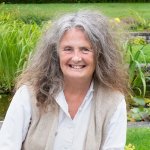
Professor Cathie Clarke is Co-Director of the Institute of Astronomy. She studies the formation of star clusters, binary stars and protoplanetary discs, in particular focusing on how protoplanetary discs are disrupted by their environment, either through tidal encounters with other stars in crowded regions or due to the intense radiation fields from young stars.
She has made major contributions to developing the theory of photoevaporation, where heating of protoplanetary discs by ultraviolet/X-ray radiation 'boils off' dust and gas in a thermally driven wind. She has notably derived an analytic solution for the wind’s topology and kinematics, which allows ready comparison between model predictions and high resolution observations of atomic emission lines and entrained dust flowing from the disc. Phenomenological planet formation models now routinely include photoevaporation prescriptions to model how winds deplete the reservoir of gas and dust available for planet formation. In 2017 she was awarded the Eddington Medal of the Royal Astronomical Society for her work developing the theory and observational diagnostics of the photoevaporation process.
Booking information
Booking for this event is now closed.
Contact
Are you receiving the latest news from your department?
Update your contact details to ensure you receive the latest news, events, and updates from your department.
